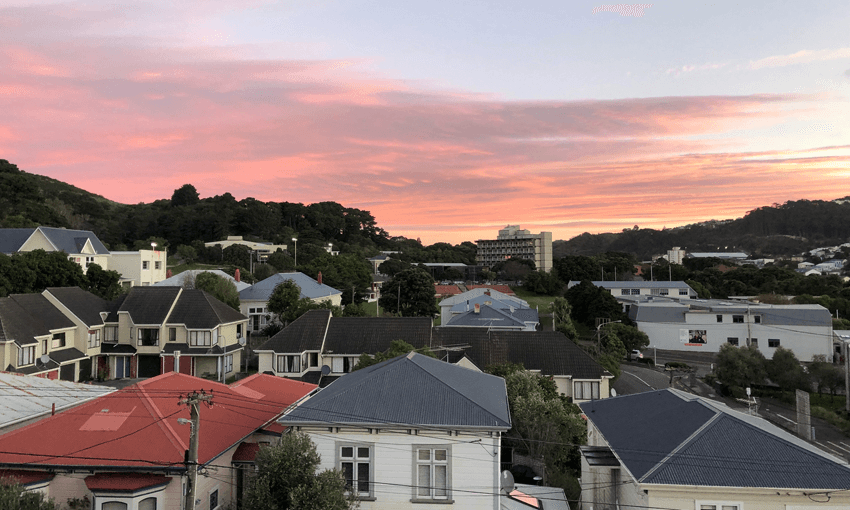The government has announced a suite of practical changes to the Residential Tenancies Act in its bid to make renting fairer and more secure. Here’s what you need to know.
What’s happening?
A number of changes to the Residential Tenancies Act (RTA) has just been announced by associate minister of housing Kris Faafoi.
The RTA is essentially the law that outlines the responsibilities all landlords and tenants have in New Zealand. For example, under the RTA, landlords have to make sure the property is in a reasonable condition while tenants have to make sure they pay the rent on time.
What are the changes?
Key changes include:
- Limiting rent increases to once every 12 months instead of once every six months
- Banning rental bidding (ie: landlords encouraging ‘bidding wars’ among potential tenants for high demand properties)
- Ending no cause evictions. Currently, periodic tenancy agreements (ie: a tenancy that doesn’t have a fixed end date) can be terminated without cause as long as the landlord gives 90 days notice. The RTA will now have a list of reasons for termination.
- Extending the notice period tenants must be given if the landlord wants to sell or move into the property themselves from 42 days to 63-90 days.
- Letting tenants add minor fittings to the property, such as brackets to secure furniture against earthquake risk, to baby proof the property, install visual fire alarms and doorbells, and hang pictures.
- Increasing financial penalties. The Tenancy Tribunal will be able to award compensation or order work to be done up to a value of $100,000 (currently the maximum is $50,000)
- Anonymising complaints to the Tenancy Tribunal by default if the complainant successfully enforces their rights or defending a claim against them.
Why are these changes necessary?
If you’ve rented at all in the last few years, you’ll know why. For one, rent prices have become increasingly unaffordable for a lot of New Zealanders, especially in places like Auckland and Wellington where rent prices have gone up significantly in the last decade. But it’s not just a city problem anymore with rent in several regions, such as Hamilton, hitting all time highs this year as more people look for options outside the country’s main centres.
Rental bidding has been another controversial practice that has come up since the demand for houses has increased. In 2018, we reported that in Wellington landlords were explicitly operating tender processes on their rentals in a bid to drive up prices, with one landlord requiring tenants to submit the maximum they’d be willing to pay above and beyond the listed price as the house was in ‘high demand’.
No cause evictions have also been a sticking point because of the high level of insecurity that engenders, especially for families who have children at school and are forced to move to an entirely new area. “While renting used to be something that was temporary, more and more New Zealanders are spending longer – even lifetimes – in rental homes,” Kate Day of Renters United noted last year. “And that means we need laws that provide genuine security and stability.”
In a statement, Faafoi also acknowledged this saying that “one-third of all New Zealanders now rent and the previous government neglected this new reality for nine years. I’ve heard horror stories of families forced to continually move house, damaging their children’s education by constantly changing schools.”
Housing insecurity has also been acutely felt as a result of landlords wanting to sell or move into the property themselves. Earlier this year, Hamilton mayoral candidate Louise Hutt wrote about the “disruptive and exhausting” experience of finding out the house she and her partner were renting was going up for sale – just a month before the local elections.
What’s been the response so far?
These changes have been slated for some time now, so we know that many landlords won’t be happy, particularly when it comes to ending no cause evictions. Andrew King from the New Zealand Property Investors Federation (NZPIF) penned an op-ed (paywalled) earlier this year warning that “neighbourhoods around the country will have to put up with antisocial, loud and offensive behaviour from difficult tenants if the government removes the 90 day notice period for evictions.” He also said such evictions were a last resort, citing a survey of NZPIF members that found that “many had never issued such a notice and of those who had, most had only issued one over the past five years.”
National party leader Simon Bridges has also been critical, writing in a tweet that “every change Labour has made so far in this area has restricted supply and pushed up rents. These changes will be no different, hurting those they say they want to help.”
Meanwhile, the Greens have welcomed these changes, citing it as “a win for the 1 in 3 who rent their home”, but also added “there’s more we can do to shift the balance and make renting fair.” Advocacy group Renters United will also be happy to see these changes confirmed as the group has called for abolishing no cause evictions, limiting rent increases to once a year, and better mediation services and tenancy advocacy services.



